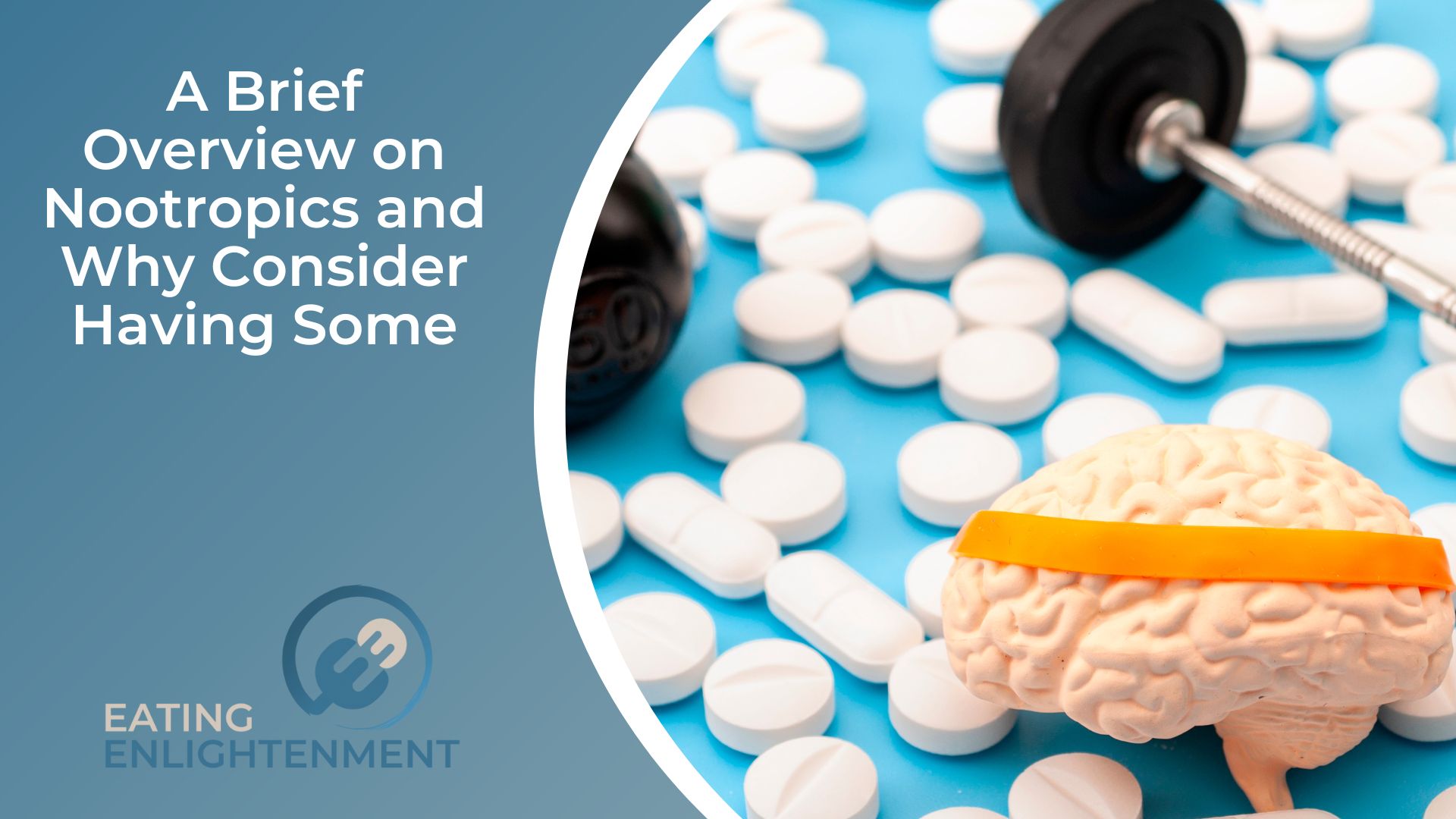In a world where cognitive demands are constantly on the rise, individuals are increasingly turning to nootropics, a class of substances believed to enhance cognitive function.
From students seeking academic excellence to professionals aiming for peak productivity, the allure of nootropics lies in their potential to boost memory, focus, and overall mental performance.
But what exactly are nootropics, and why should one consider incorporating them into their routine? Let’s delve into the fascinating realm of cognitive enhancement and explore the reasons behind the growing interest in nootropics.

Understanding Nootropics: What Sets Them Apart?
Nootropics, often referred to as “smart drugs” or cognitive enhancers, encompass a diverse range of substances that claim to enhance various aspects of mental function. The defining features of nootropics include their ability to improve memory, enhance creativity, and promote overall cognitive function without causing significant side effects.
Unlike traditional stimulants, true nootropics are believed to have a low risk of toxicity and minimal adverse effects when used responsibly. This unique set of characteristics makes nootropics an intriguing option for those seeking cognitive enhancement.
The Nootropic Landscape: Natural vs. Synthetic
Nootropics can be broadly categorized into natural and synthetic compounds. Natural nootropics include substances like caffeine, ginkgo biloba, and omega-3 fatty acids, which are commonly found in food sources.
On the other hand, synthetic nootropics, such as modafinil and racetams, are laboratory-developed compounds specifically designed to enhance cognitive function. The choice between natural and synthetic options often depends on individual preferences, ethical considerations, and the specific cognitive benefits one is seeking.
Understanding this distinction is crucial for anyone considering the integration of nootropics into their lifestyle.
The Promise of Enhanced Memory: A Key Nootropic Benefit
One of the primary reasons individuals turn to nootropics is the potential for improved memory function. Whether it’s students preparing for exams or professionals managing a busy workload, the ability to retain and recall information is a valuable asset. Some nootropics, such as Bacopa monnieri and certain racetams, have shown promise in enhancing both short-term and long-term memory.
This heightened memory function not only aids in learning and information retention but also contributes to overall cognitive agility.
Sharper Focus and Increased Productivity: Nootropics in the Workplace
In a fast-paced and competitive work environment, maintaining focus and productivity is essential. Nootropics are gaining popularity among professionals seeking that extra mental edge to excel in their careers. That’s why many people use nootropics for studying and working late. Substances like modafinil, known for promoting wakefulness and concentration, are becoming go-to choices for individuals looking to stay alert during long work hours. However, it’s crucial to approach the use of nootropics for productivity with caution, ensuring that they are used responsibly and in accordance with individual needs and health considerations.
Navigating the Ethical Landscape: Considerations for Responsible Use
As the interest in nootropics grows, so does the discussion surrounding their ethical use. Questions arise about the potential advantages conferred upon those who choose to enhance their cognitive abilities artificially. While nootropics may offer benefits in terms of performance and achievement, it’s essential to consider the ethical implications of their use.
Balancing the desire for cognitive enhancement with the responsibility to ensure fair competition and equal opportunities is a complex aspect of the evolving conversation around nootropics.
Potential Risks and Side Effects: A Pragmatic Approach to Nootropic Use
While the promise of cognitive enhancement is enticing, it’s crucial to acknowledge that nootropics, like any substance, come with potential risks and side effects. Overreliance, improper dosages, or the use of untested compounds may lead to adverse reactions.
It’s imperative for individuals considering nootropics to approach their use with a pragmatic mindset, conducting thorough research, consulting healthcare professionals, and staying informed about the potential risks associated with specific substances.

In the pursuit of cognitive enhancement, nootropics offer a captivating avenue for individuals seeking to elevate their mental capabilities. The diverse array of natural and synthetic compounds promises benefits ranging from improved memory to heightened focus, catering to the demands of modern life.
However, as we tread this path of cognitive optimization, it is imperative to embrace a holistic perspective. Responsible use, ethical considerations, and a nuanced understanding of potential risks should guide our exploration of nootropics. These substances, akin to any tools for personal betterment, require thoughtful consideration and a commitment to balance, ensuring that the quest for mental enhancement aligns with individual values and broader societal ethics.
Ultimately, nootropics hold the potential to be valuable aids in our journey toward peak cognitive performance. As we navigate this evolving landscape, let’s foster a culture of informed decision-making, fostering a dialogue that acknowledges the benefits while being mindful of the responsibilities that come with enhancing our cognitive abilities.
Nootropics, when approached with wisdom and prudence, can be valuable assets in the pursuit of personal and professional excellence, contributing to a nuanced understanding of the intricate relationship between mind, performance, and the choices we make in the quest for self-improvement.



